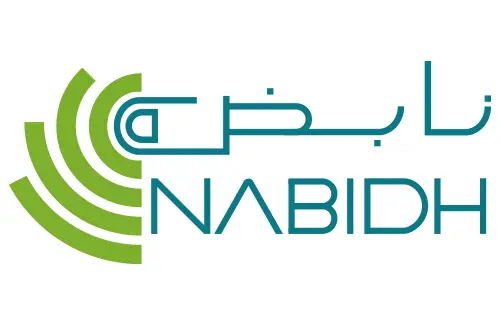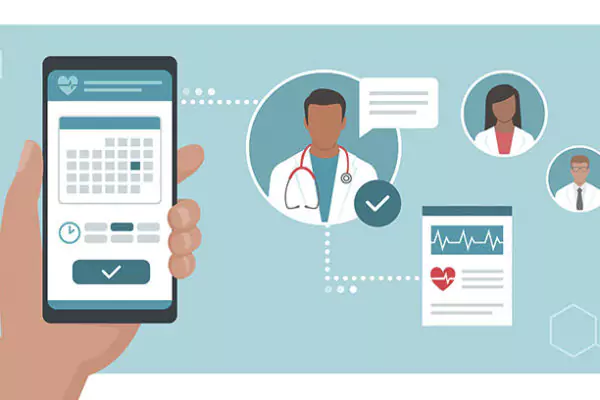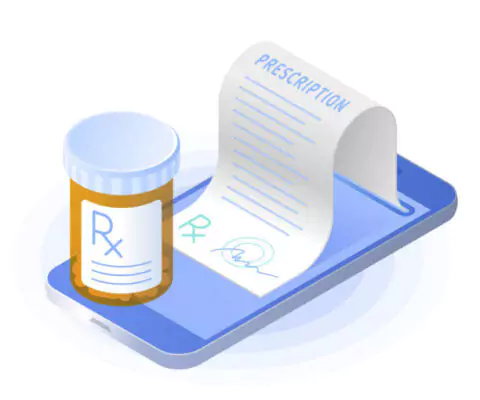01. Introduction
NABIDH has been introduced intended to position Dubai as a global medical destination for introducing value-based, comprehensive, integrated, and high-quality service delivery systems. Assuring patient safety by exchanging Patient Health Information (PHI) across care continuums with timely and secure communication.
In Dubai, NABIDH is the medical record exchange platform for health information exchange among healthcare providers. NABIDH can be connected to your facility’s EMR / HIS system.

02. What is NABIDH?
Physicians can access a consolidated timeline of a patient’s medical history, including medications, allergies, procedures, and test results, thanks to the secure storage of their patient’s health records from various healthcare facilities. This information enables doctors to make better clinical decisions.
03. Benefits of implementing NABIDH
With NABIDH, all DHA facilities and all government and private facilities across the country will be able to access an integrated digital system that is compatible with the best international systems.
As a result, healthcare professionals will be able to take appropriate medical decisions when need be and patients will be able to choose a facility that is most convenient for them at any time and from anywhere.

- Establish a dependable exchange platform that enables quick onboarding and adoption.
- Increase patient and provider empowerment, engagement, and safety.
- Enhance clinical collaboration and care coordination.
- Enhance operational excellence, cut waste, aid in the adoption of an evidence-based health system, and monitor the performance of the health system.
- Support Smart Dubai’s vision to be paperless.
- No requirement for similar clinical trials for the patients at various emergency clinics as information would be brought together.
04. Advantages of an EMR/ HIS:

Appointment Scheduling – The patient portal software in Dubai enables simple communication and the sending of data and information. In order to improve productivity and organization efficiency the platform helps to transition the process into a paperless system.

E-prescriptions – E-prescriptions can be created for patients using the EMR/ HIS. All the relevant information regarding the patient is entered, diagnosis, and the prescription. The advantage of such e-prescription is that the patient can access their information from anywhere and also gives information about the patient’s past history in terms of what medications were prescribed.

Patient Management – An EMR/ HIS software that includes a practice management and billing system can help improve operations efficiency and improve the patient experience. All the patient’s data can be stored on the operator’s server thus maintaining patient confidentiality and easily accessible for both physicians and patients.

Consultation and Communication – Many cloud-based systems have an inbuilt DICOM viewer that enables the physician to view the patient’s radiology and laboratory diagnostic reports. Also, information related to previous tests is also available on the system which can help in improved decision-making.
Tracking Claims – Some of the software available also help in tracking insurance claims with their inbuilt portals. The number of paid, and unpaid claims and also the percentage of rejected claims can be analyzed through such portals.

SMS Reminders – These may be used to inform clients of a variety of key dates, including those for appointments, lectures, promotional events, etc. SMS patient reminders can computerize the process hence improving the patient experience.
05. Summary
Healthcare information has already been unified in MALAFFI- for Abu Dhabi and NABIDH-for Dubai which helps to consolidate healthcare data, hence AI analytics can be applied for informed decision-making.
- Preparing an e-health strategy and roadmap
- Compliance with regulatory standards for e-health
- E-health solution maturity assessment
- Design of e-health infrastructure
- Development of e-health platforms
- Implementation and training of e-health platforms
- Compliance for NABIDH integration
